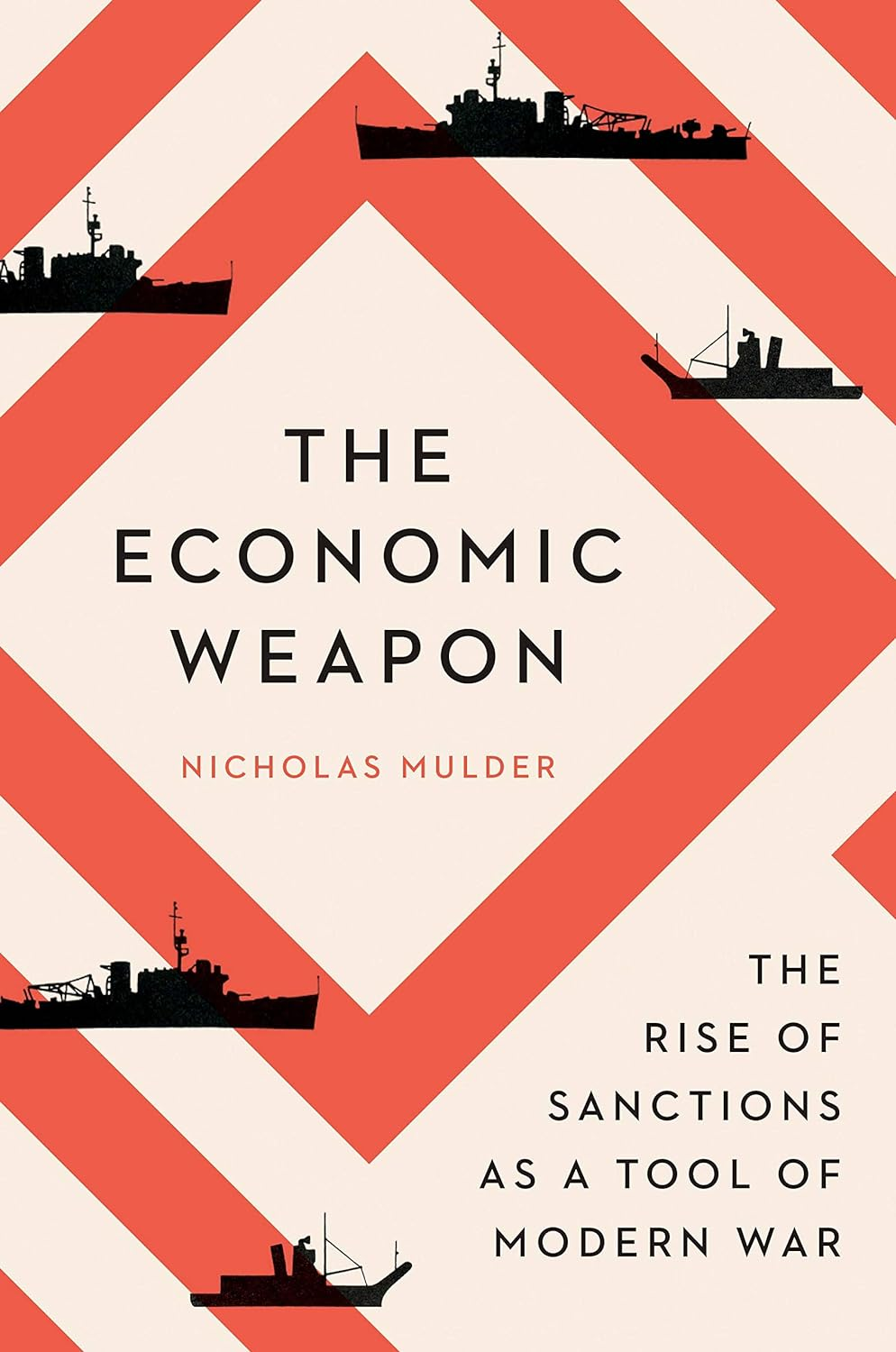If one policy embodies the global reach of American power today, it is the economic weapon of sanctions. As a coercive tool, it is deployed all over the world, against governments from North Korea to Venezuela and from Iran to Belarus. There is scarcely a foreign-policy crisis that arises today in which U.S. policymakers do not resort to sanctions. In the wake of its withdrawal from Kabul last year, the U.S. government froze more than $9 billion in Afghan state assets to punish the Taliban. Earlier this month, it slapped sanctions on the Serb nationalist Milorad Dodik for destabilizing Bosnia. Sanctions are also the chief instrument with which the Biden administration and its European allies are currently trying to deter Russian President Vladimir Putin from invading Ukraine.
It is hard to imagine our present world politics without America’s use of such coercive tools. Yet it was not always this way. In the early 20th century, the United States shunned the use of sanctions, while Europeans were very enthusiastic about the economic weapon. Today, the tables have turned. Washington freely uses sanctions, while Europe is often reluctant to join American embargoes. The European Union’s moves to protect trade with Iran and Germany’s continued indecisiveness about the future of the Nord Stream 2 pipeline show that behind the Atlantic alliance lies a Euro-American rift over sanctions.
A striking historical reversal has occurred: The United States, the largest early 20th-century abstainer from economic sanctions, has in the last several decades become their most avid user. Policymakers in Washington have made this powerful weapon their own and extended it into new domains. The significant effects of sanctions are undeniable, as is their profound impact on the history of the international system in the twentieth century.
But their effectiveness as a means of achieving political change is limited. It is this combination of considerable material effects and low political efficacy that poses a challenge today, as sanctions appear to have left the conflicts in which they are used in a costly deadlock rather than any closer to resolution.
How did this happen? Sanctions owe their origins to the horrific slaughter of World War I. That conflict produced great desires among Europeans to put an end to war for good. Their preferred means was to adapt for peacetime use a fearsome weapon of war: economic blockade. Britain and France had imposed such a material siege against their enemies, killing hundreds of thousands of civilians in Central Europe and the Middle East.
